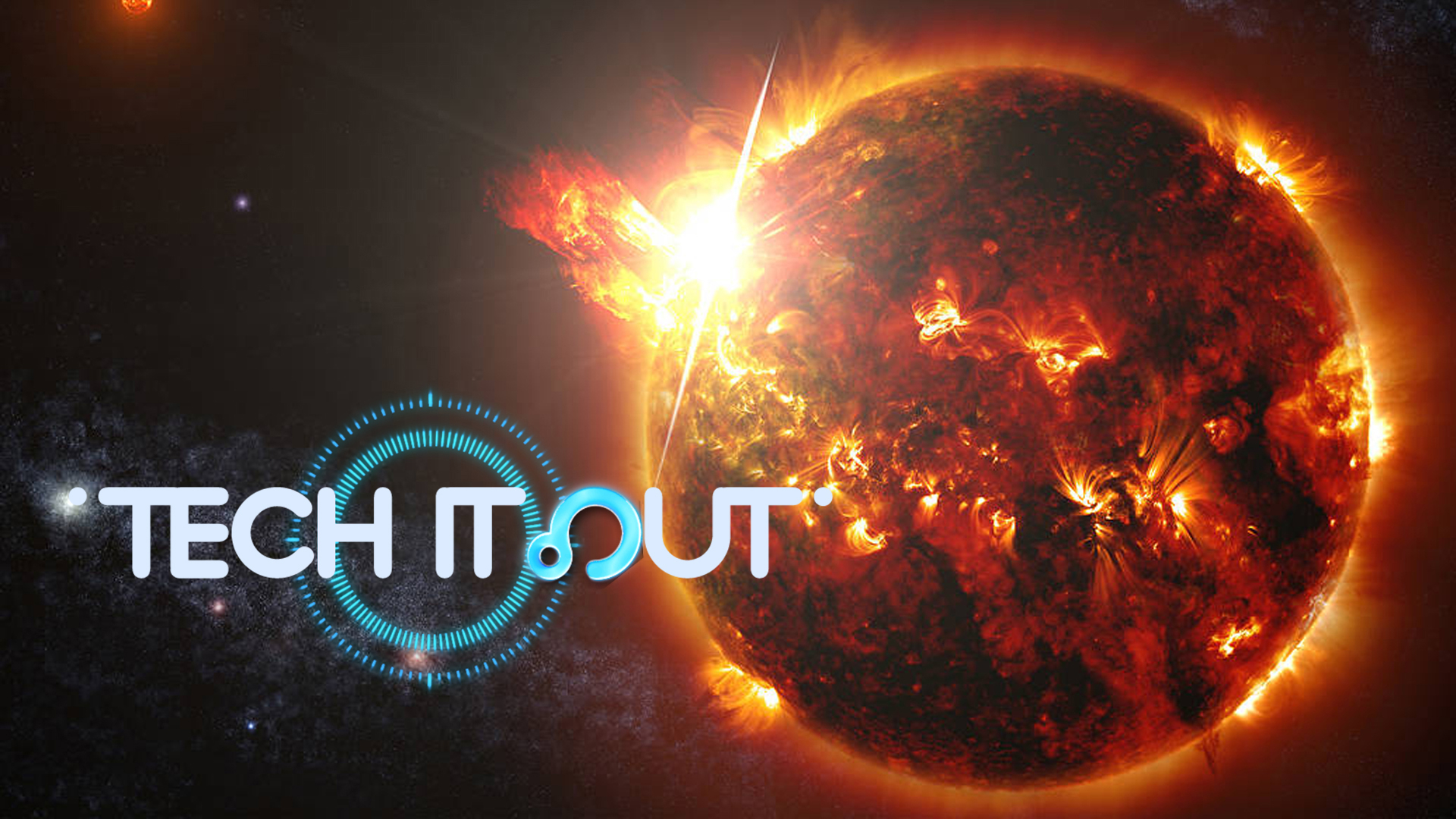02:02

In this week's Science Saturday, we take a look at science news making headlines around the world.
SECRETS OF UNIVERSE
NASA has released new findings on solar wind. Its spacecraft, called the Parker Solar Probe, has detected sudden spikes in the speed of solar winds. This causes the Sun's magnetic field to flip itself around - in a phenomenon called "switchback." Experts say this changes current theories on how the sun's outer atmosphere and solar wind are heated up.
NATURE SPECTACLE
Thousands of ice balls have been found on a Finnish beach. Witnesses say some are as large as footballs. Scientists explain that the occurrence is quite rare, and can only happen about once a year under highly particular weather conditions.
CLIMATE CHANGE
Climate change is driving oxygen out of oceans, putting marine life at risk. The findings were revealed in an environmental report that was released at the global climate talks in Madrid. The report says that between 1960 and 2010, the oxygen levels in the world's oceans dropped by around 2 percent. Experts say such a decline can impact the broader planetary cycling of elements like nitrogen and phosphorus, which are essential for life on Earth.
GRAVITATIONAL WAVES
A U.S.-based company has found a new way to detect gravitational waves. The cutting-edge instrument by LIGO is called "quantum vacuum squeezer". It helps to reduce the quantum noise in the vacuum of space and improve the accuracy of detection results. With its help, LIGO has seen a 15 percent increase in its detection range.
"Science Saturday" is part of CGTN's science and technology series "Tech It Out". The segment brings you the latest news about innovations and technological breakthroughs in the past two weeks from across the world.